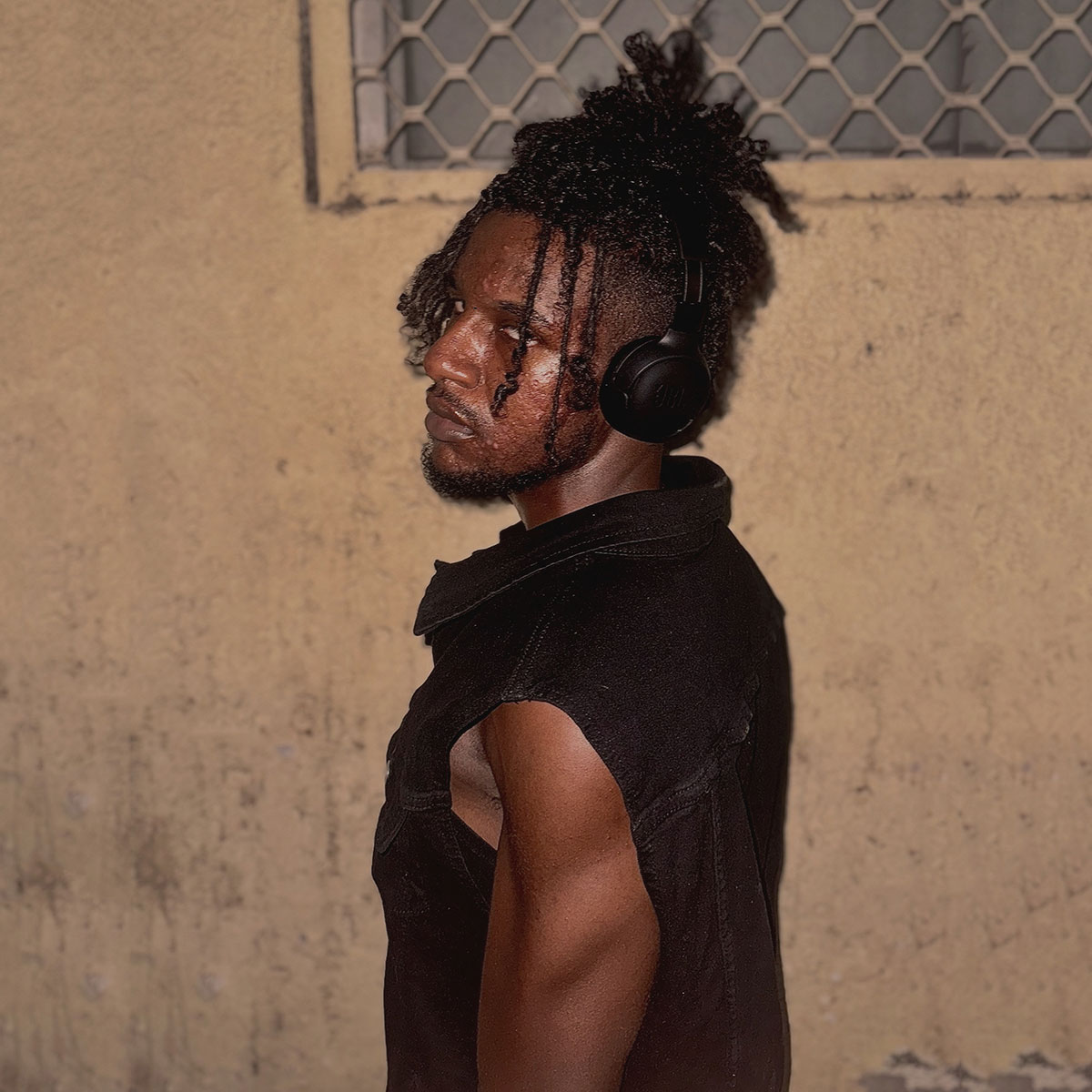Authenticity has become a marketing strategy—one that often involves choosing the perfect filter for a performative breakdown or layering three takes of “raw” vocals until they sound suspiciously airbrushed.
And then there’s Dania, whose story is so inconveniently genuine, it might give a brand manager heartburn. No viral gimmicks, no manufactured sob story—just life, lived and sung. She didn’t go viral overnight, wasn’t discovered on a yacht, and—brace yourself—writes songs that aren’t algorithmically engineered. Somehow, she persists.

At 14, she recorded her first cover in a tiny studio while her father waited patiently outside. She never forgot the pride in his eyes when she walked out. Years later, she found herself working with the producer of that very same song. It felt like a quiet sign from life—and perhaps even from him—that she was exactly where she was meant to be.
Echoes from Berkane
Berkane, Morocco—a place of textured history and cultural density—was never too small for Dania’s dreams. While many artists rehearse the narrative of outgrowing their hometowns, Dania does the opposite. “Every part of it inspired me,” she says.
“My story is special because it’s grounded in the simplicity and the true essence of this city.”
Rather than escape it, she embodies it. Her music is not a bid for exoticism nor a branding gimmick—it’s simply her. A contrario to industry norms, her sound isn’t diluted by trend-chasing but steeped in identity. She carries the pride of her city not as a slogan but as substance.

Singing Between the Silences
There was a time when silence defined her. Following the death of her father, Dania found herself “hiding in silence, letting the weight of it define me.” That silence, however, became the seed of her creative voice. “Music became my refuge, my healing,” she says.
“It’s not always in the lyrics… it’s in the spaces between them—the pauses, the breath, the unsaid.”
Those unsaid things became the architecture of her art. When she recorded her first cover at 14, with her father waiting outside, she had no idea the same song’s producer would work with her years later. Call it fate or, more poetically, a vel non moment of divine reassurance.

Of Roots and Resonance
While Dania finds rhythm in R&B, her creative palette refuses to mimic. “When you listen to it, I want the listener to hear my story, my roots, and my soul,” she insists. “It’s not about trying to fit into any mold.”
Her sound resists categorization precisely because it’s built on contrast: Moroccan heritage and global rhythm, grief and healing, silence and expression. That refusal to comply with sonic templates—a contrario to market incentives—is what sets her apart. Not louder. Not better. Just hers.
Mental Health and Melodies
Music, for Dania, is “more than sound but more survival.” Her songs often originate from places so deep they “don’t have names yet.” The complexity comes through not as drama but as something deeply personal, shaped by experience rather than styled for attention.
“Mental health in music matters because behind every song is a person who needs care, not just praise.”
She’s not alone in this recognition. According to a study by Record Union, 73% of independent musicians report mental health challenges, with 80% of young artists (18–25) impacted. The myth of the tortured artist still looms, but Dania treats wellness as something integral to artistry, not something to be tacked on after the music is made.

Letting Go and Looking Forward
“The person I had to let go of wasn’t anyone else,” she admits. “It was the old version of myself.” That quiet exorcism wasn’t the end of her story—it was the beginning of a new chapter. Letting go wasn’t erasure; it was allowance. Growth. Redefinition.
“Now, I am free to create and live without the weight of the past holding me back.”
What she’s describing goes beyond emotional evolution; it reveals a sense of strategic clarity that’s come with time and self-awareness.Dania creates with the understanding that what resonates most with her audience is presence—real, unfiltered, and grounded in truth..
Love, Loss, and Lyrics
Love is the cornerstone of her work. Heartbreak, she explains, is “actually a powerful force.” Unlike some artists who treat sorrow as a marketing hook, Dania sees it as a growth mechanism. “It gives us the strength to create from places we didn’t even know existed.”
That belief culminates in her choice of a final message: If her voice could sing one last song to the world, it would be Birdy’s “People Help the People.” For those who feel alone. For the unheard. “No one should suffer alone,” she says.
“Because love—no matter how small—can be someone’s light.”

Crafting Her Legacy, Quietly
Her recent work, Sodfa, stands as a reflection of her evolution, shaped by growth and the love she poured into the process. “I hope it reminds me of the growth I experienced, the love I had for the process, even in the toughest moments.” As an independent artist, she’s proud to have created it her way. No machine polish. No compromise.
Of course, none of this self-reflection, artistic integrity, or emotional honesty will get her a billion streams in 48 hours. But hey, she’ll just have to settle for resonating deeply with people, one soul at a time—how quaint. Meanwhile, the charts will remain occupied by songs about texting exes at 3 a.m., written by committees with quarterly targets. Dania, tragically, is still writing music for the human heart—vel non the algorithm’s heartless approval.
Final Note
Dania isn’t proof that authenticity always wins. She’s just living evidence that authenticity still matters. Her journey offers no shortcuts, only signals—pauses between the noise—where true healing speaks.

REGIONAL is musivv’s segment featuring Arab artists in the Middle East. Features under this segment are considered as submissions for nomination under this category in the Musivv Awards’ annual recognition.














